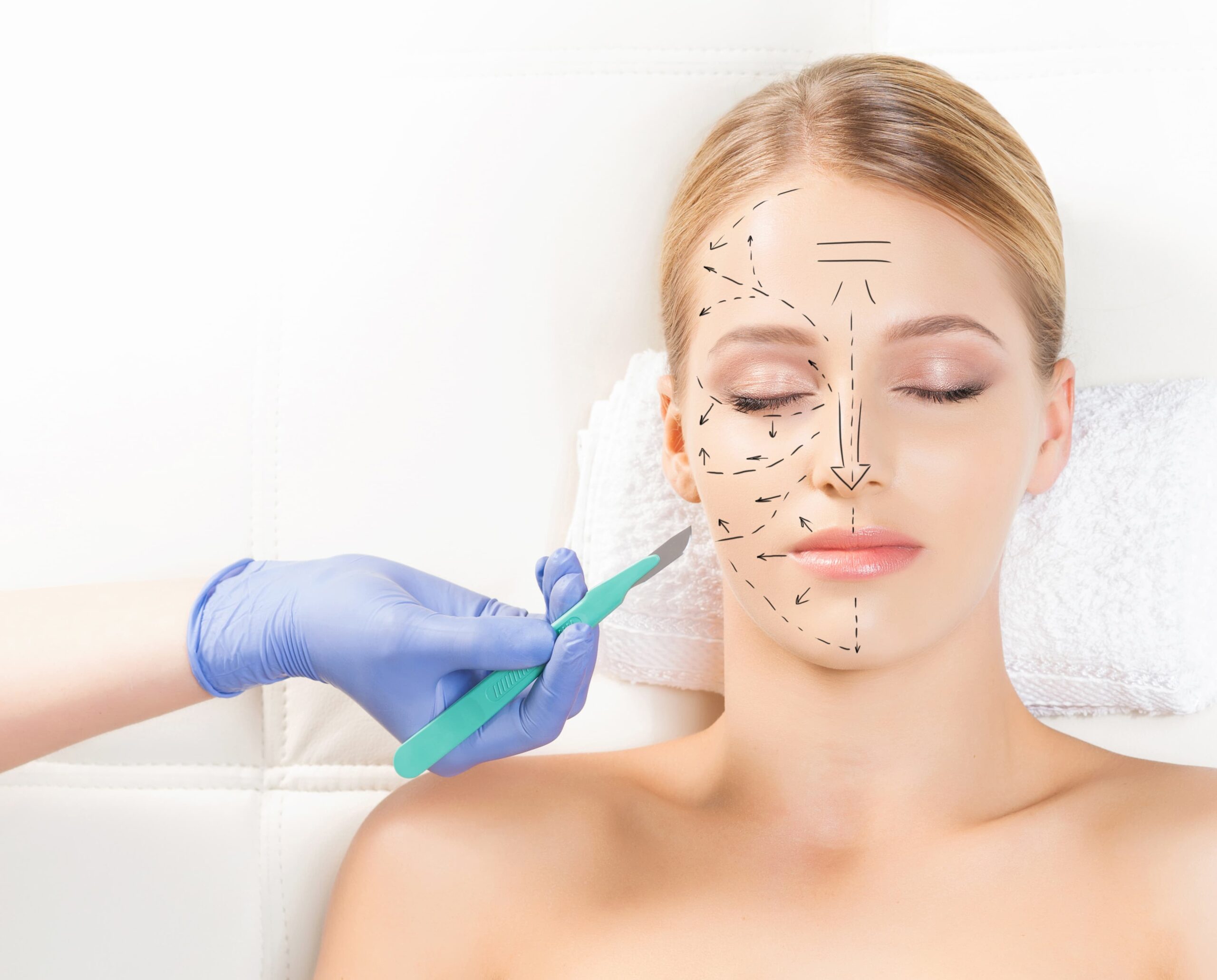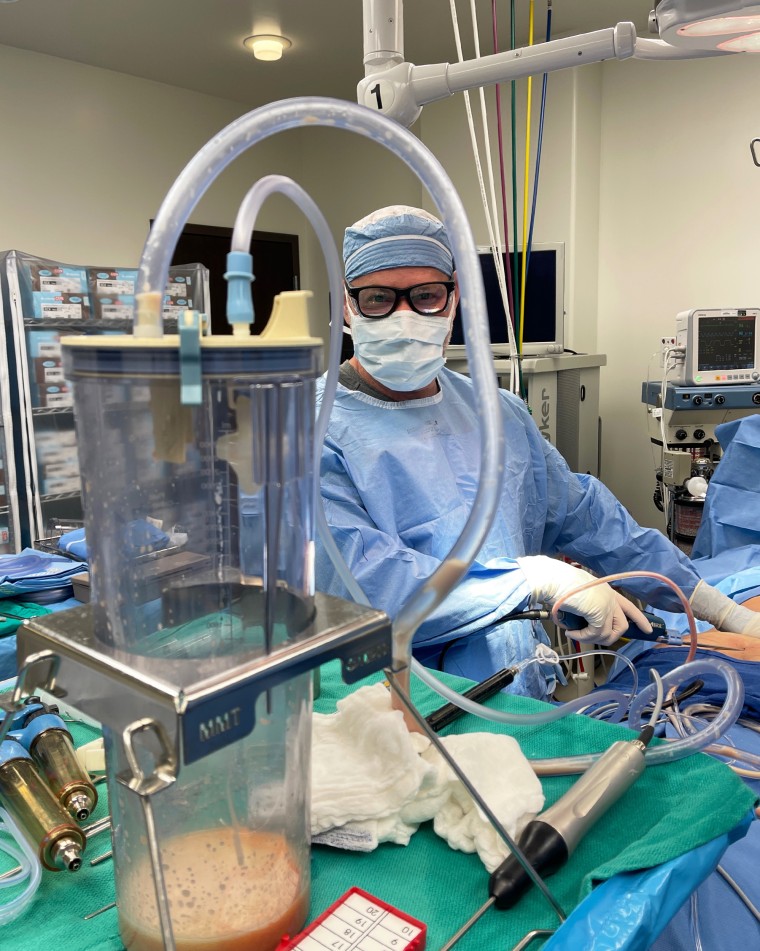Examining the Emotional and Social Variables That Drive People to Think About Plastic Surgery as a Way of Renovation
The choice to seek cosmetic surgical procedure usually extends past plain aesthetics, linking with social and emotional dynamics that warrant comprehensive examination. Variables such as self-esteem, pervasive social appeal requirements, and the pervasive impact of social media converge to form specific inspirations for medical enhancement.
The Function of Self-confidence
Self-esteem significantly influences an individual's choice to go after plastic surgery. People with reduced self-esteem usually regard themselves in an adverse light, leading to sensations of insufficiency regarding their physical appearance. This adverse self-perception can drive them to look for surgical treatments as a method of enhancing their self-image. The need for improvement in one's look is often linked to a belief that such changes will certainly elevate their general self-regard and confidence.

Ultimately, the role of self-worth in the decision-making process regarding cosmetic surgical treatment highlights the intricate interaction between body picture, individual fulfillment, and psychological health. Understanding this connection is important for health care specialists to guarantee that clients are making educated choices rooted in realistic expectations and psychological wellness.
Societal Beauty Requirements
Influenced by pervasive media portrayals and social stories, social beauty standards play a crucial duty in shaping individuals' assumptions of their own bodies. These standards are commonly identified by an idyllic form of appeal that highlights attributes such as slimness, youthful vigor, and symmetry. As these ideals are perpetuated via various networks, consisting of marketing, television, and movie, people frequently internalize these messages, causing frustration with their all-natural look.
The ramifications of these societal norms extend past visual choices; they can impact self-esteem, mental health and wellness, and interpersonal relationships. Individuals who perceive themselves as disappointing these requirements may experience feelings of inadequacy, motivating a wish for cosmetic surgery as a way of attaining societal authorization. This quest is usually sustained by the belief that complying with these ideals will improve not only physical look but also social standing and personal gratification.

Impact of Social Media
The impact of societal appeal criteria is further enhanced by the surge of social media platforms, where curated images and idealized representations of charm are ubiquitous. Customers are regularly revealed to filtered and edited photographs, which commonly depict unattainable physical characteristics. This exposure cultivates a society of comparison, leading individuals to analyze their own look versus these typically unrealistic benchmarks.
Social media site influencers and celebrities frequently advertise aesthetic treatments, normalizing the notion that medical improvements are a sensible ways for attaining social perfects (plastic surgery rancho cucamonga). The exposure of these improvements can produce an assumption that going through plastic surgery is a conventional practice, consequently influencing people to consider similar treatments as a click here for info pathway to boosted self-confidence and social approval
In addition, the interactive nature of social media sites enables for prompt comments through likes and remarks, even more strengthening the need to adapt prominent beauty standards. Such interactions can intensify feelings of insufficiency and drive people toward cosmetic surgery as a way of acquiring recognition. Inevitably, social networks plays an essential duty fit understandings of elegance, which significantly affects the decision-making procedures surrounding plastic surgery.

Cultural Viewpoints on Look
Throughout numerous cultures, perceptions of appearance are deeply rooted in historic, social, and economic contexts, shaping people' sights on beauty and value. In several cultures, appearance works as a substantial pen of identity, affecting social standing, specialist possibilities, and personal relationships. As an example, in some societies, light skin is frequently associated with wealth and privilege, while others may idealize darker skin this link tones as signs of strength and authenticity.
In addition, standard charm criteria are frequently continued through social narratives, media representations, and family affects, resulting in differing perfects across various regions (plastic surgery rancho cucamonga). In Western cultures, the emphasis on young people and physical conditioning often drives individuals toward cosmetic improvement, while in specific Eastern cultures, more refined modifications aligned with standard appearances may be preferred
Globalization and the expansion of electronic media click to investigate have better complicated these characteristics, developing a hybridization of elegance ideals that goes beyond geographical borders. As people progressively navigate these social narratives, the pressure to comply with certain look requirements can lead to the wish for plastic surgery, mirroring an intricate interplay of personal desires and cultural values. Recognizing these social perspectives is vital in dealing with the motivations behind cosmetic surgical treatment considerations.
Mental Influences of Aesthetic Surgery
Many individuals looking for cosmetic surgery record experiencing extensive emotional effects that can dramatically modify their self-perception and psychological wellness - plastic surgery rancho cucamonga. The wish for physical improvement typically comes from underlying problems such as low self-worth, body dysmorphic condition, or social pressures relating to elegance requirements. For some, the immediate post-operative phase can lead to a short-lived increase in positive self-image and complete satisfaction with their look, promoting a sense of empowerment
Nevertheless, these favorable feelings may not be enduring. Research suggests that while some clients experience boosted self-confidence, others may face heightened stress and anxiety or depression if their expectations are not satisfied. This discrepancy can occur from impractical suitables perpetuated by media depiction and social narratives bordering appeal.
In addition, the psychological ramifications of plastic surgery expand beyond the person. Relationships with friends and family might be strained as social dynamics change, resulting in sensations of isolation or alienation. Ultimately, the emotional impacts of cosmetic surgical procedure are complicated and multifaceted, needing careful factor to consider by both prospective people and healthcare providers to make certain educated decision-making and practical expectations.
Final Thought
To conclude, the choice to go after plastic surgery is considerably affected by a combination of self-confidence concerns, social charm criteria, and cultural point of views on appearance. The prevalent reach of social media additionally exacerbates these pressures, promoting unrealistic ideals that individuals often aim to obtain. Understanding these social and psychological elements is important for resolving the inspirations behind plastic surgery, highlighting the need for a much more nuanced discussion bordering beauty and self-acceptance in contemporary society.
The decision to go after cosmetic surgical treatment usually extends beyond simple appearances, linking with social and psychological characteristics that warrant thorough examination. Ultimately, social media plays an essential function in shaping perceptions of elegance, which significantly impacts the decision-making procedures bordering cosmetic surgical treatment.
As people progressively navigate these social narratives, the stress to adjust to details look requirements can lead to the desire for cosmetic surgical procedure, mirroring a complicated interaction of individual ambitions and social worths.In conclusion, the decision to seek cosmetic surgical procedure is substantially influenced by a mix of self-confidence issues, social charm standards, and cultural perspectives on look. Understanding these social and emotional aspects is important for dealing with the inspirations behind cosmetic surgery, highlighting the need for an extra nuanced conversation bordering appeal and self-acceptance in contemporary culture.